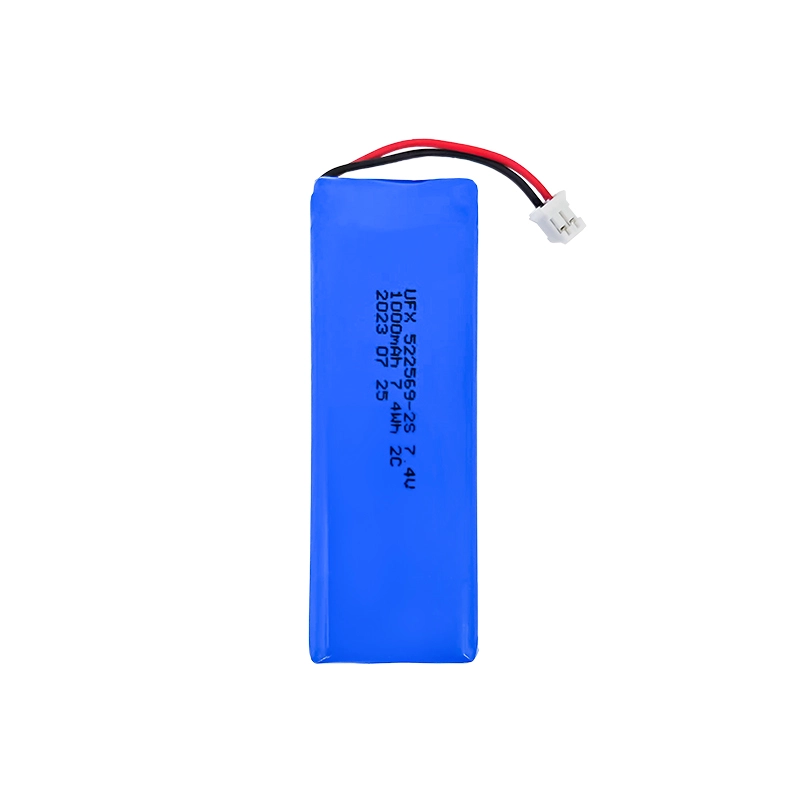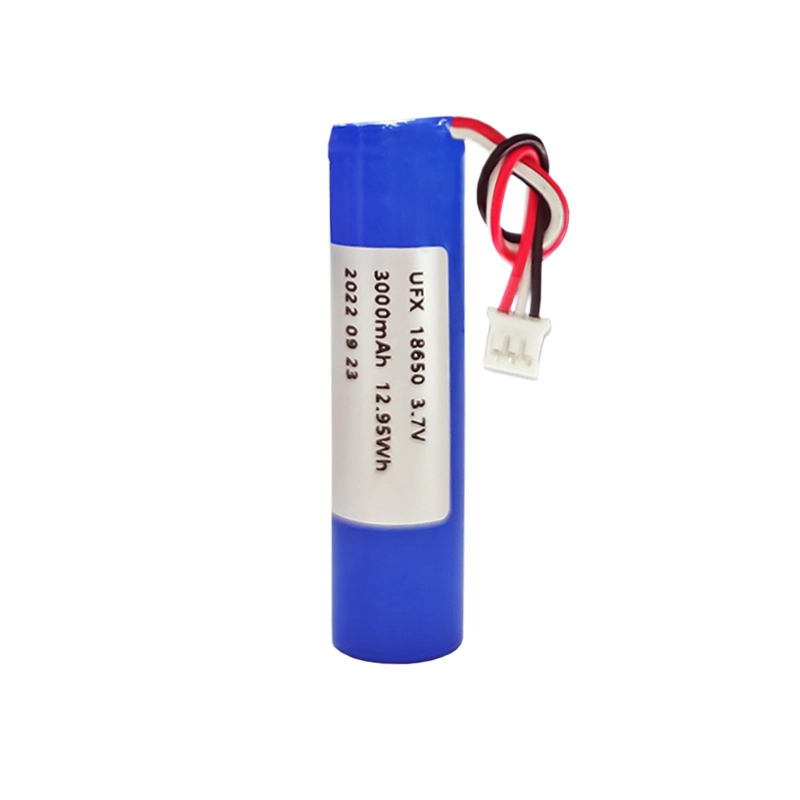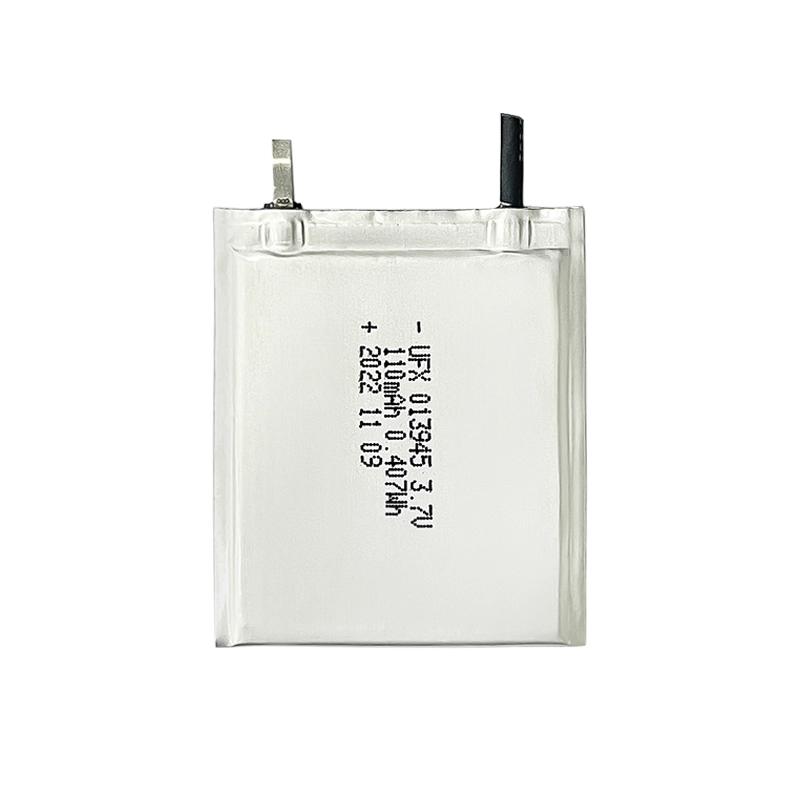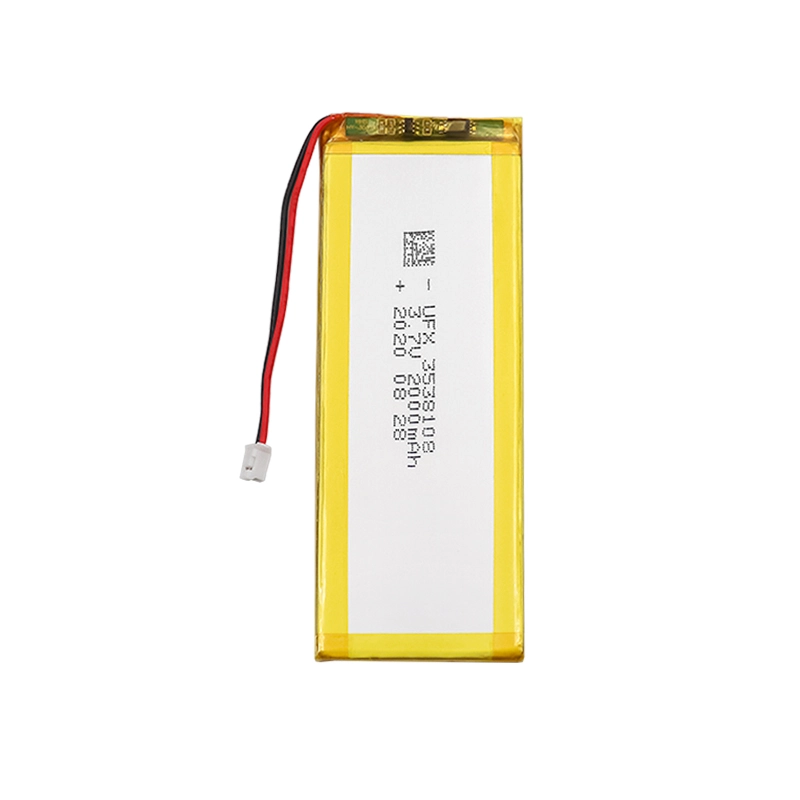
Air Purifier Battery: Powering Clean Air Solutions With Efficiency
As air quality becomes an increasing concern, air purifiers have become an essential appliance in many households and commercial settings. To ensure uninterrupted operation, choosing the right air purifier battery is crucial.
What is an air purifier battery?
An air purifier battery is a rechargeable power source specifically designed to provide energy to air purifiers. It allows these devices to operate independently of electrical outlets, providing convenience and flexibility. With an air purifier battery, you can enjoy purified air even during power outages or in areas without easy access to electricity.
The principle of air purifier battery
Air purifier batteries operate based on the same principles as other lithium-ion batteries. These batteries consist of lithium cells that store and release electrical energy. When connected to an air purifier, the battery powers the device by converting stored chemical energy into electrical energy. This enables the air purifier to effectively filter and circulate air, removing pollutants and improving indoor air quality.
Types of air purifier batteries
There are several types of air purifier batteries available in the market. The most common types include:
1. Lithium-ion (Li-ion) Batteries: These batteries offer high energy density, longer lifespan, and lightweight construction. Li-ion batteries are known for their efficiency, making them a popular choice for air purifiers.
2. Nickel-Metal Hydride (NiMH) Batteries: NiMH batteries are a cost-effective option, providing good capacity and performance. They are durable and can withstand various environmental conditions.
3. Customized Battery Packs: Some air purifier manufacturers offer customized battery packs designed specifically for their models. These packs may incorporate proprietary technology, optimizing performance and compatibility.
How to choose an air purifier battery
When selecting an air purifier battery, consider the following factors:
1. Capacity and Runtime: Determine the required battery capacity based on the air purifier’s power consumption and desired runtime. Higher capacity batteries will provide longer operation between charges.
2. Compatibility: Ensure the battery is compatible with the air purifier model. Verify the voltage and connector type to guarantee a seamless fit.
3. Safety Features: Look for batteries with built-in safety features like overcharge protection, short-circuit protection, and thermal management systems. These features enhance the overall safety of the battery and the air purifier.
4. Rechargeability: Opt for rechargeable batteries to reduce long-term costs and environmental impact. Consider the charging time and availability of compatible chargers.
Air purifier battery manufacturers
When sourcing air purifier batteries, partnering with reliable and experienced manufacturers is crucial. Look for manufacturers with a strong track record in lithium battery production, customization capabilities, and adherence to international quality standards. Collaborating with reputable manufacturers ensures access to top-quality batteries, tailored solutions, and reliable after-sales support.
Choosing the right air purifier battery is essential for uninterrupted operation and optimal performance of your air purifier. Consider factors such as capacity, compatibility, safety features, and rechargeability when making your selection. Additionally, partnering with trusted air purifier battery manufacturers will ensure high-quality products that meet your specific requirements. With the right battery, you can power your air purifier effectively and enjoy clean, purified air in any environment.
Ufine air purifier battery
Ufine has successfully developed and produced thousands of conventional batteries, lithium iron phosphate batteries, ultra-thin special-shaped batteries, low-temperature batteries and 18650 batteries. Ufine’s monthly production capacity reaches 4 million units. Our lithium batteries have the advantages of high energy density, high working voltage, small size, lightweight, long service life, small self-discharge, safety and environmental protection.
done to monitor the proper levels of electrolytes. This is the most common RV camper battery that is being adopted by the industries.
High Energy Density
It stores large amounts of energy in a smaller and lighter package
Longer Cycle Life
Withstands extensive charge and discharge cycles
Low Self-Discharge
Maintains power longer when not in use
Safety
Minimizes the risk of accidents and ensures safe operation
More Information About Air Purifier Battery
-
How long does an air purifier battery last?
-
Can I use any type of battery for the air purifier?
-
Is it better to get a rechargeable air purifier battery or one that uses disposable batteries?
-
Can lithium batteries be overcharged?
Latest Blogs
About Lithium Battery Industry News
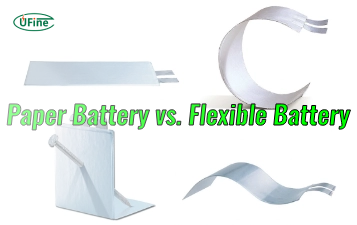
Paper Battery vs. Flexible Battery: What’s the Difference and Which Is Better?
Paper vs. flexible batteries: learn the key differences, benefits, and which power source fits best for wearables, sensors, and smart tech.
2025/04/11 Ufine
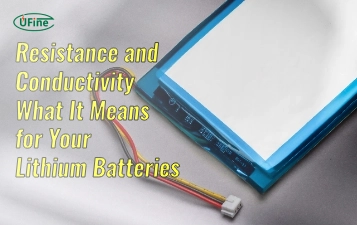
What to Know Before Buying a Tiny LiPo Battery for Your Project
Tiny LiPo batteries are powerful and compact. Learn how to choose the right one for your project with specs, safety, and charging tips.
2025/04/11 Ufine
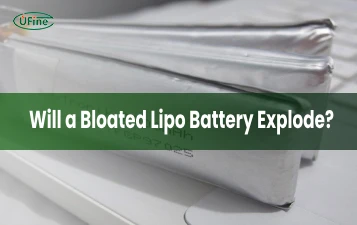
Bloated LiPo Battery: Will It Explode?
Will a bloated LiPo battery explode? Discover the causes, risks, safety steps, and expert tips to avoid disaster and protect your gear. Must-read safety guide!
2025/04/10 Ufine
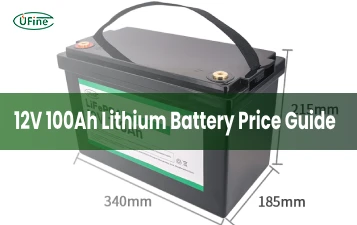
12V 100Ah Lithium Ion Battery Price: Full Guide
Learn about 12V 100Ah lithium-ion battery price, from cost ranges to best brands, hidden fees, and how to get the best deal. A must-read for smart buyers!
2025/04/10 Ufine

Resistance and Conductivity: What It Means for Your Lithium Batteries
Resistance and conductivity impact lithium battery performance, lifespan, and safety—learn how they work and why they matter.
2025/04/10 Ufine
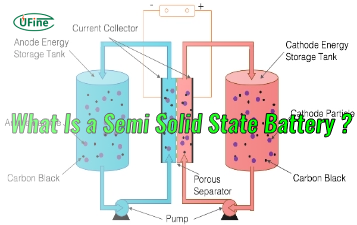
What Is a Semi Solid State Battery and Why Should You Care?
Semi-solid-state batteries combine safety and high energy density, making them ideal for EVs, electronics, and future energy storage.
2025/04/10 Ufine

